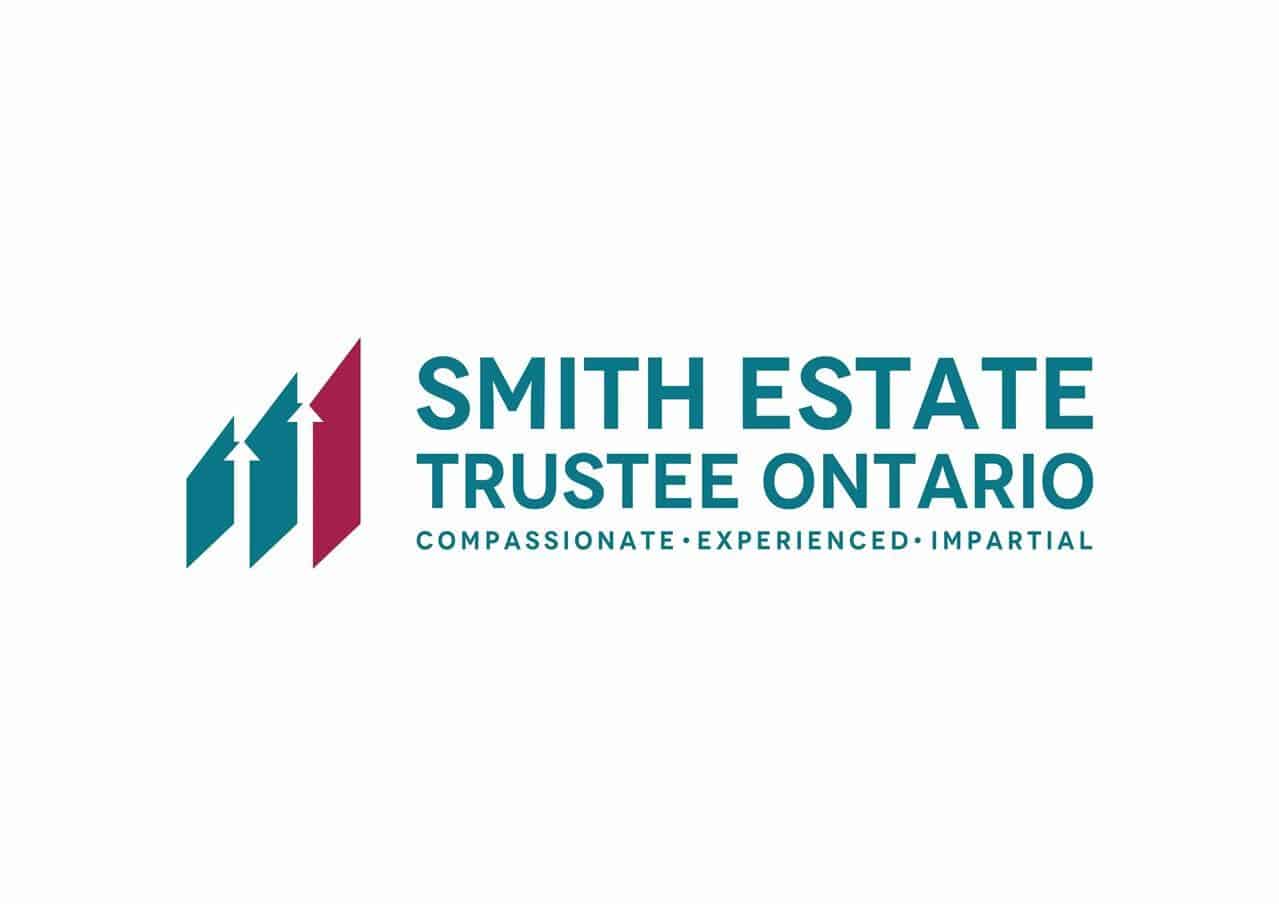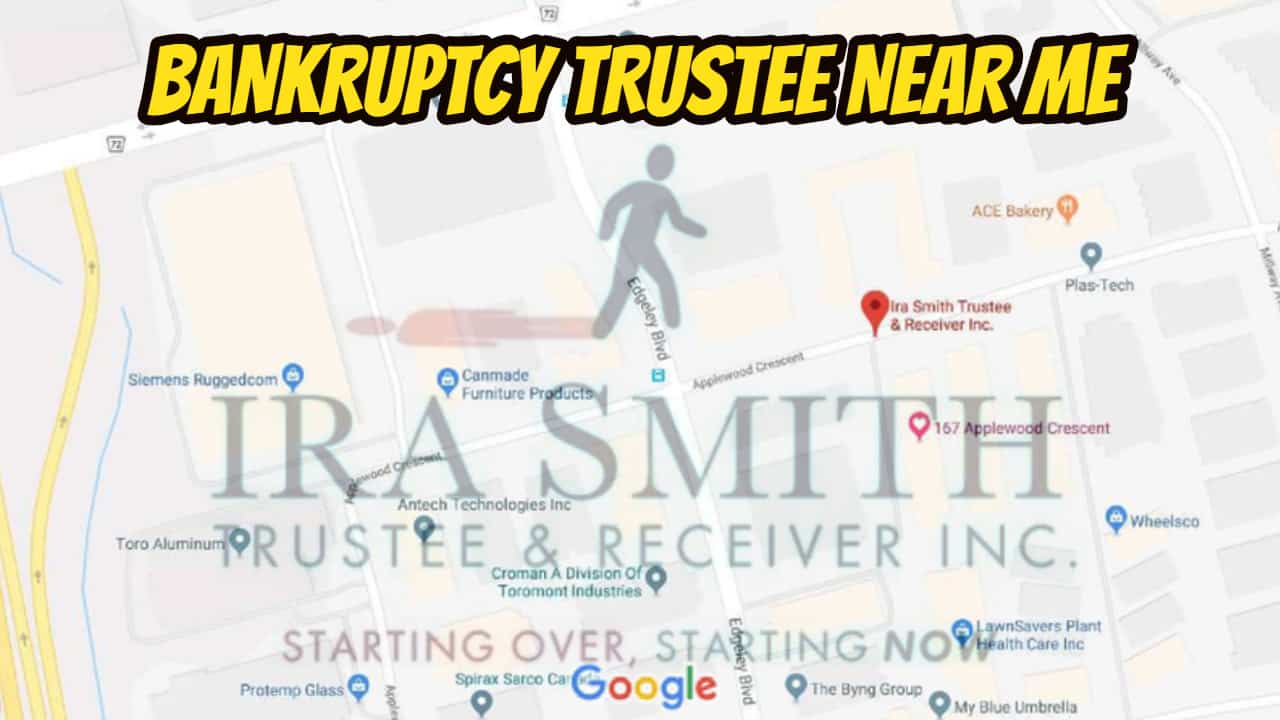JUNE 17, 2019 UPDATE: The Court of Appeal for Ontario reversed this lower court decision. You can read all about it in our blog update – INSOLVENT DEFINITION RESTORED IN COURT OF APPEAL FOR ONTARIO
Insolvent definition: Introduction
The basis of the Canadian insolvency system is to assist the honest but unfortunate person or company shed their debt (with certain limitations) and start over fresh. There are many terms defined in the Canadian insolvency legislation. The most basic one is the insolvent definition.
Last week I reviewed a decision of the Ontario bankruptcy Court that really did give me a new focus. It doesn’t change the bottom line of the advice I would give an insolvent debtor, but it did change my focus. That is one of the things I love about being a licensed insolvency trustee (formerly called a bankruptcy trustee). I never stop learning.
Insolvent definition: Two examples
The Oxford dictionary definition is:
“insolvent
ADJECTIVE
Unable to pay debts owed.
‘the company became insolvent’”
Section 2 of the Bankruptcy and Insolvency Act (R.S.C., 1985, c. B-3) (BIA) defines an insolvent person as:
“insolvent person means a person who is not bankrupt and who resides, carries on business or has property in Canada, whose liabilities to creditors provable as claims under this Act amount to one thousand dollars, and
(a) who is for any reason unable to meet his obligations as they generally become due,
(b) who has ceased paying his current obligations in the ordinary course of business as they generally become due, or
(c) the aggregate of whose property is not, at a fair valuation, sufficient, or, if disposed of at a fairly conducted sale under legal process, would not be sufficient to enable payment of all his obligations, due and accruing due;”
Insolvent definition: The concept of net worth
Insolvent person refers to both people and companies. The BIA definition incorporates the common English definition. The BIA definition also incorporates the accounting concept of net worth. Net worth = Assets – Liabilities. If the difference is positive, you have a positive net worth. If the difference is negative, you have negative or no net worth.
For those that want to read more about the concept of net worth, look at the Addendum I wrote which is at the bottom of this blog. Since many of you already have an advanced understanding of net, I don’t want to insert it in here.
When giving our free first consultation, my advice to anyone with lots of debt but positive net worth is that in bankruptcy, they will lose their non-exempt assets. If the major asset providing the positive net worth value is their home, I advise the person that they will lose their equity in their home which is not a good outcome. So, my first advice is always to see if the person can either refinance the home or sell it. Then they can use the funds to pay off their debts. In a sale, any balance can be used as a down payment on a smaller home or can set them up nicely to rent.
I normally don’t think of part (c) of the BIA insolvent definition as being mutually exclusive. However, after reading the Court decision and looking again at the BIA definition, I am reminded that it really is. Let me describe the Court’s decision to explain.
Mr. and Mrs. Kormos got a judgment against their neighbours, Mr. and Mrs. Fast. The Small Claims Court at St. Catherines issued the judgment for $25,565.64. This judgment comes about from problems arising from flooding in their home which was triggered by the Fasts.
After the judgment was given, the Fasts were contacted by Mr. Kormos’ licensed insolvency trustee (Trustee). The Trustee advised that Mr. Fast had submitted a consumer proposal under the BIA many months previously, on August 24, 2016. Mr. Fast did not previously mention anything about his consumer proposal or his later filing of an assignment in bankruptcy.
Fifteen days after the Kormos plaintiffs started enforcement of the judgment by serving a notice of examination on Mrs. Fast, she made an assignment in bankruptcy under the BIA on April 25, 2017.
In their different bankruptcy filings, each of the Fasts attested in their respective sworn Statement of Affairs, that their home in Queenston, Ontario (Home) was worth $630,000.
Mr. and Mrs. Kormos provided evidence by way of an expert witness appraisal who also testified in Court, showing that the Home was considerably underestimated in the BIA filings by Mr. Fast on August 24, 2016, and Mrs. Fast on April 25, 2017, when she made an assignment in bankruptcy.
The Kormos’ lawyer stated that when a reasonable value is designated to the Home, neither Mr. Fast nor Mrs. Fast was insolvent when their corresponding filings were made under the BIA. They were obviously relying on the fact that each of Mr. and Mrs. Fast really had a positive net worth.
Mr. and Mrs. Kormos were looking for an Order under the BIA (i) annulling Mr. Fast’s consumer proposal as well as, if required, his 2014 bankruptcy; as well as (ii) annulling Mrs. Fast’s bankruptcy.
Insolvent definition: The Court’s analysis
Mr. and Mrs. Kormos wanted:
- An Order according to s. 66.3(1) of the BIA annulling the consumer proposal submitted by Mr. Fast.
- Since an outcome of such an annulment would be that Mr. Fast is considered to make an assignment in bankruptcy under s. 66.3(5) of the BIA, they also were looking for an annulment of his bankruptcy on the ground that Mr. Fast is not presently insolvent.
- An order according to ss. 181(1) as well as 187(5) of the BIA annulling the bankruptcy of Mrs. Fast.
- An Order according to Rule 60.07 of the Rules of Civil Procedure issuing a writ of seizure and sale of the Home.
The Fasts did not challenge the expert appraisal opinion. The Court accepted the expert’s appraisal as being the value of the Home on the relevant dates of Mr. and Mrs. Fast’s respective filings under the BIA.
The Court looked at the insolvent definition in the BIA, which again is:
“insolvent person means a person who is not bankrupt and who resides, carries on business or has property in Canada, whose liabilities to creditors provable as claims under this Act amount to one thousand dollars, and
(a) who is for any reason unable to meet his obligations as they generally become due,
(b) who has ceased paying his current obligations in the ordinary course of business as they generally become due, or
(c) the aggregate of whose property is not, at a fair valuation, sufficient, or, if disposed of at a fairly conducted sale under legal process, would not be sufficient to enable payment of all his obligations, due and accruing due;”
In her bankruptcy filing, Mrs. Fast filed her statement of monthly income and expenses. According to the statement, her monthly expenses exceed her monthly income by $2,010. When looking at the definition of an insolvent, the Court concluded that Mrs. Fast was unable to meet her obligations and had stopped paying her current obligations. Notwithstanding that the Court found that Mrs. Fast probably understated the value of her interest in the Home, the Court was not persuaded to annul her bankruptcy as she met the definition of an insolvent person.
As for Mr. Fast, the Court decided it would not annul his consumer proposal. The Judge went on to say that even if he was persuaded to do so, Mr. Fast was still a bankrupt and the Judge had no evidence for the proposition that his bankruptcy should also be annulled.
So, the Judge did not grant the application, the Fasts are under their respective BIA proceedings and Mr. and Mrs. Kormos can file their claim with the Fasts’ Trustee.
Insolvent definition: The Trustee
Now the Trustee has an interesting situation. The Trustee is now aware of the expert valuation of the Home. The Trustee will have to use that information to decide if the Fasts have equity in their home. If yes, then as far as Mrs. Fast, her equity will have to be realized upon because she is bankrupt. Her equity in the Home devolves to the Trustee as an asset (if it is more than the minuscule provincial exemption).
Is Mr. Fast’s consumer proposal has already been (deemed) accepted by the creditors and (deemed) approved by the Court. If yes, then he will just have to keep making the agreed payments to fully complete his consumer proposal and get out of bankruptcy. If not, the Trustee will now have to take his real equity in the Home into account. The Trustee will have to decide if the consumer proposal can still be recommended to the creditors, or if it must be improved because of the increased total asset value.
Insolvent definition: Are you insolvent?
Are you unable to pay your debts as they come due? Are your bills past due and you don’t know how you are going to pay them? If so, then you are insolvent, and we can help end your pain.
Licensed Insolvency Trustees (formerly called bankruptcy trustees) are the only experts accredited, licensed and supervised by the federal government to handle debt restructuring. As a licensed insolvency trustee, our personalized strategy will assist you to know all your alternatives. The alternative you choose based on our recommendations will take away the stress and pain you are feeling because of your debt problems.
The Ira Smith Team has decades and generations of experience people and companies in financial trouble. Whether it is a consumer proposal debt settlement plan, a larger personal or corporate restructuring proposal debt settlement plan, or as a last resort, bankruptcy, we have the experience.
Our approach for each file is to create a result where Starting Over, Starting Now takes place. This starts the minute you are at our front door. You’re simply one phone call away from taking the necessary steps to get back to leading a healthy, balanced hassle-free life. Call us today for your free consultation.
Insolvent definition: NET WORTH ADDENDUM
Regularly monitoring your finances reveals invaluable lessons. A most important aspect of building wealth is to find it. People that constantly increase their net worth track it to direct it. So, the starting point is understanding what the net worth definition for a person is.
Seeing the measurable results of your spending and investing decisions is the first step to take control of them. Contrarily, people in the worst monetary shape have no concept where their money is spent and are too afraid to know what their net worth might be since it will not be pretty.
Which extreme more closely matches your mindset? You can’t handle what you don’t measure. Consider it: if you were seriously rich, you’d invest a long time weekly handling some element of your finances.
A beginner variation of a financial tracking approach is needed to begin improving your financial condition.. In addition, the more money you build up, the more financial assets and liabilities to keep an eye on. I ‘d wager that you won’t own them for long if you don’t have your financial tracking system set up before you acquire them. If you don’t see and feel the gains and losses of your monetary choices–you are playing the complex money-game of life without any scorecard.
This is how so many people with good income still find their way into financial trouble. You need to have navigation reference points to know if you are going toward developing wealth or ruining wealth. It is by monitoring your net worth that you’ll begin to discover the monetary impact and effects of your decisions.
The beginning point for financial measuring is a simple statement of net worth (or balance sheet). It is a list of the current market price of whatever you own and what you owe to others. Your net worth is the difference between these 2 numbers. This is the number that you want to measure and increase every month. As with a business, as soon as you start determining the monetary repercussions of your habits you can begin making your own individual financial guidance. Basic insights and rules like these will help increase your net worth. This will lead to bigger insights and develop into bigger gains.
If you find that you have a lot of debt that is reducing your net worth, or possibly a negative net worth, then what guidance about debt are you going to develop for yourself? Think about including a guideline to read a new personal finance book each year. Your money rules and net worth statements can be as advanced or as basic as you wish to make them.
When you have computed your calculation of net worth, you begin having the ability to plan for purchases and payments. As an easy example, if your auto insurance coverage costs get paid annually, you can calculate just how much cash that you must to set aside monthly to easily pay it when the bill arrives. Or if you are getting a new car, you’ll be a lot better prepared for the first costs before you get squeezed at the end of the month and wind up paying a couple of bills late.
After you get comfortable with a net worth statement, you can move on to an income & expense sheet. How much net worth will you need by when? The answer is based upon the financial routines, tools and education you will establish. However, it can all start with your very first net worth statement.
JUNE 17, 2019 UPDATE: The Court of Appeal for Ontario reversed this lower court decision. You can read all about it in our blog update – INSOLVENT DEFINITION RESTORED IN COURT OF APPEAL FOR ONTARIO 






